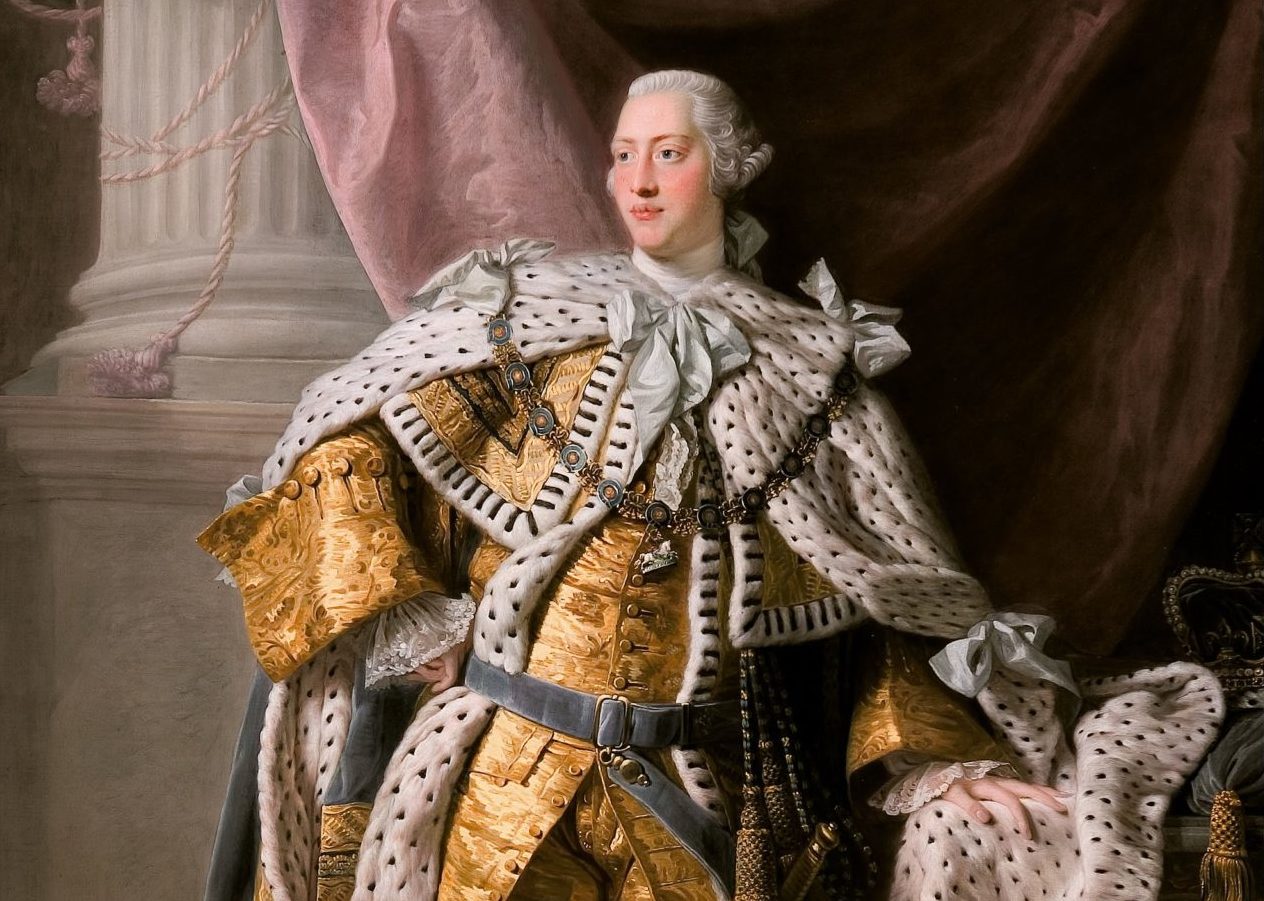Of course, in a land as large and complex as France, even the tireless Louis could do no more than exercise general supervision. At Versailles he had three long conferences weekly with his ministers, who headed departments of war, finance, foreign affairs, and the interior.
The king kept this top administrative level on an intimate scale; he usually had only four ministers at one time and gave them virtually permanent tenure. Jean Colbert (1619-1683) served as controller general for eighteen years; Michel Le Tellier (1603-1685) was secretary of state for the army for thirty-four years, a post later entrusted to his son, who had been ennobled as the marquis de Louvois (1639– 1691).
All told, only sixteen ministers held office during the fifty-four years of Louis’s personal reign. Yet in practice the royal administration was full of difficulties and contradictions. There were many conflicting jurisdictions, survivals of feudalism; the officials of Louis XIV, being nobles of the robe, had a privileged status they could hand down to their heirs. The thirty key provincial administrators, the intendants, were agents of the Crown, but many of them exercised considerable initiative on their own, despite being moved about from one administrative unit to another.
A particularly important potential for trouble existed in the parlements, the supreme courts of appeal in the various provinces. The Parlement of Paris enjoyed special prestige and power from its place in the capital and from the size of its territorial jurisdiction—almost half of France. The judges who staffed these courts headed the nobility of the robe, owned their offices, and could not be removed by the king. Besides the usual work of a court of appeals, the parlements also had to register royal edicts before they went into force.
They thus claimed the right to refuse an edict if they thought it not in accord with the higher law of the land. Although this claim negated theoretical royal absolutism, Louis got around it in his own lifetime by using another old institution, the lit de justice (literally, “bed of justice”), in which he summoned the Parlement of Paris before him in a formal session and ordered the justices to register a royal edict. In this way, for instance, he enforced measures against Jansenism, which was strong among the judges. But the parlements were also to continue to plague his eighteenth-century successors.

